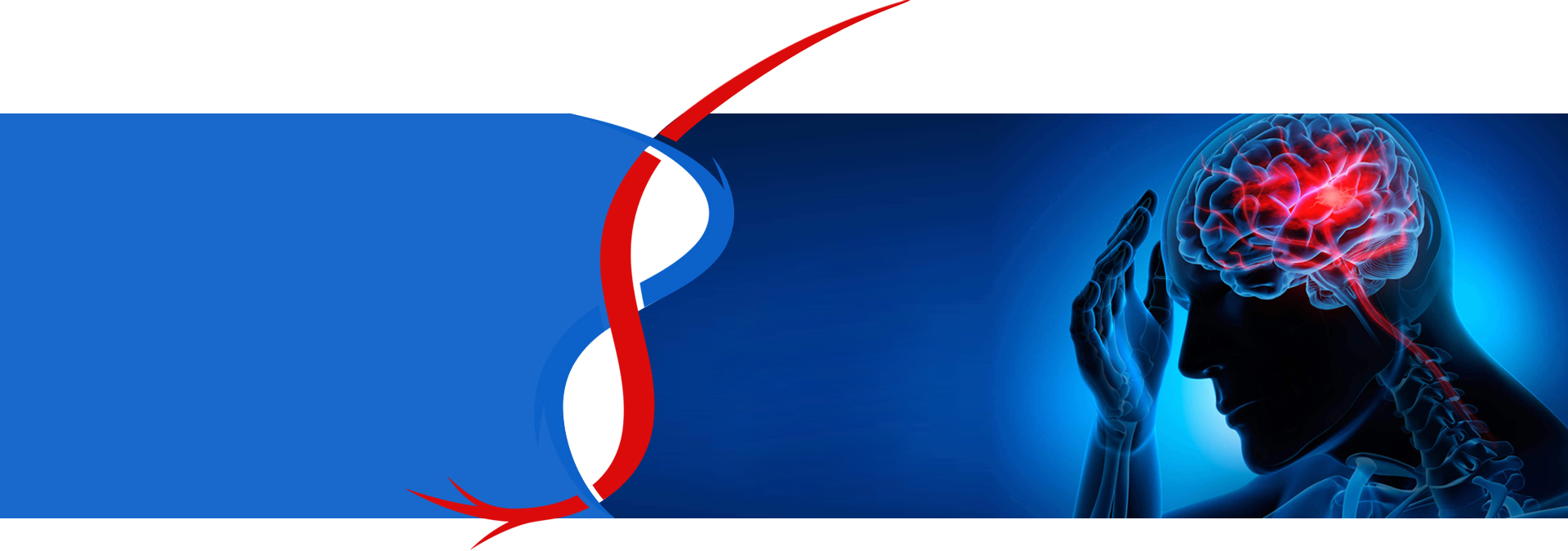
Stroke
JRK Medicals
Phlebology & Vascular Specialists located in Rochester, MN
When you have carotid artery disease, your risk for stroke increases dramatically. At JRK Medicals in Rochester, Minnesota, Henna Kalsi, MD, can help you prevent stroke and other serious complications of carotid artery disease with a variety of different treatments personalized for you.
Schedule your consultation or appointment by calling or booking online.
What is carotid artery disease?
Carotid artery disease is a serious condition that happens when the carotid arteries, which deliver blood to your brain, get blocked. Usually, carotid artery disease occurs because of atherosclerosis, which is plaque buildup inside your artery walls.
If you have carotid artery disease, it’s very important that you get treatment. Untreated carotid artery disease can result in a stroke and is potentially life-threatening.
What is a stroke?
A stroke is a very serious condition in which your brain cells start to die from lack of oxygenated blood. This happens either because of a blockage of blood flow to your brain or because of a blood vessel rupture.
There are several stroke symptoms to be aware of, including all of the following:
- Confusion
- A headache
- Nausea and vomiting
- Slurred speech
- Coordination problems
- Comprehension difficulties
- Sagging on one side of the face
- Sudden numb feeling in the face, arm, or leg on one side
- Vision problems, such as blurry vision or dark spots in your vision
Sometimes it can be quite difficult to identify stroke symptoms in yourself. If you’re uncertain whether your symptoms could mean a stroke, attempt to lift both arms above your head simultaneously. If one of your arms drifts down on its own, it could be a stroke, and you should seek medical help right away.
What is the treatment for a stroke?
Most stroke treatment occurs in an emergency setting. Later, you’ll follow up with a vascular specialist like Dr. Kalsi. As long as you get help quickly enough, ideally within 3 hours, you can get intravenous blood clot-destroying drugs, if the stroke was caused by a blood clot.
Surgical clot removal or catheter delivery of clot-busting drugs are two other treatment possibilities, and both may work outside the 3-hour window but within 4.5 hours. Sometimes, other surgeries like plaque removal may help to prevent stroke recurrence.
After a stroke, you’ll need to go through a physical therapy program to recover as fully as possible. Dr. Kalsi may prescribe daily medications to help you reduce your stroke risk in the future. These medications may include cholesterol-reducing medicine, blood pressure medicine, or blood thinners, among others.
Additionally, you’ll need to make some lifestyle changes to reduce your risk of another stroke. This may include losing weight, changing your diet, and consistent exercise as well.
Schedule your consultation or appointment by calling or booking online.
 507-322-6967
507-322-6967